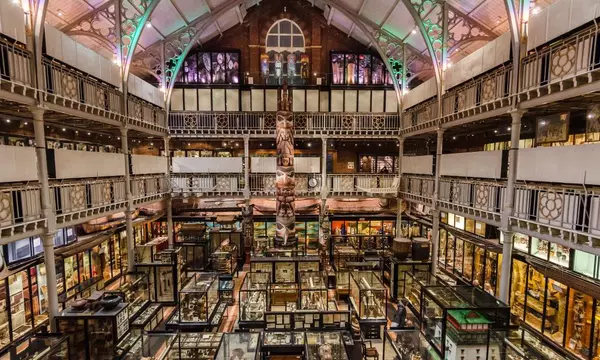A human skull from Nagaland, India, has been removed from an auction in the UK following significant backlash from the tribal community.
The skull, described as a “19th-century horned Naga human skull,” was part of a collection of over 20 items involving human remains scheduled for auction by Swan Fine Art in Tetsworth, Oxfordshire. The decision to withdraw the skull came after intervention from the Forum for Naga Reconciliation (FNR), a group composed of church leaders and civil society members from Nagaland. The FNR condemned the practice of selling Indigenous ancestral remains, labelling it as dehumanizing and exploitative for “curious collectors.” Nagaland’s chief minister also urged the Indian government to take action.
Originally listed in an auction titled “The Curious Collector Sale,” the skull had an estimated price of £3,500 (approximately ₹384,000) to £4,000 (around ₹439,000) and was linked to the Ex Francois Coppens Collection in Belgium.
In a statement, the FNR criticized the auction as an extension of colonial violence, highlighting the ongoing struggles of Indigenous communities worldwide to reclaim ancestral remains from former colonial powers. Dr. Dolly Kikon, a Naga anthropologist at the University of California, pointed out the irony of regulations banning the sale of animals while allowing the trade of human remains. She emphasized the need for policy changes to prevent such sales from reoccurring.
In response to the controversy, Nagaland’s chief minister, Neiphiu Rio, wrote to Foreign Minister Subrahmanyam Jaishankar to address the issue with the British High Commission in New Delhi. He stated that the human remains of any deceased person rightfully belong to their respective communities and lands.
The FNR has called for the repatriation of Naga’s ancestral remains to be prioritized. Swan Fine Art has also withdrawn other items related to Indigenous communities from Papua New Guinea, Nigeria, Congo, and Malawi that were initially included in the auction.
In 2020, the Pitt Rivers Museum in Oxford removed its collection of shrunken heads and human remains as part of a “decolonization process” after 80 years of display, aiming to confront its problematic past. Dr. Kikon is part of the museum’s Recover, Restore and Decolonize team, which anticipates that the examination and potential repatriation of items may take between eight and 15 years. The museum currently holds 214 pieces of Naga ancestral remains.
Dr. Kikon stressed the importance of a community-focused approach to repatriation efforts, emphasizing that healing should come from the communities affected. Laura Van Broekhoven, director of the Pitt Rivers Museum, expressed outrage on social media, condemning the auctioning of ancestral and human remains as unethical and calling for an end to such practices.




